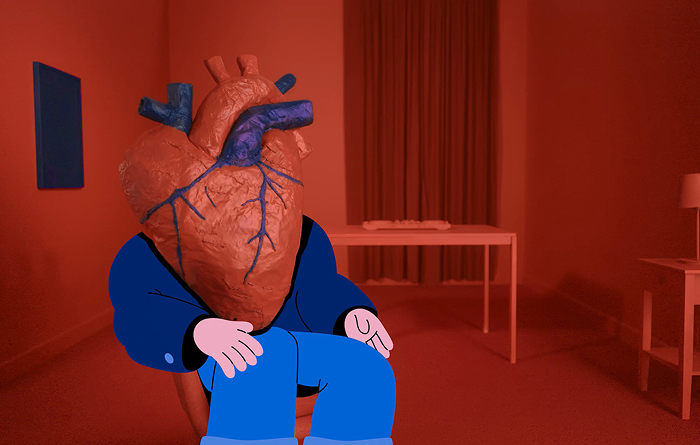- Type 2 diabetes affects more than just blood sugar - it’s closely linked to heart disease risk and stroke prevention1.
- High blood sugar over time can impact your blood vessels and nerves, increasing your risk of cardiovascular disease - but small, consistent changes can help1.
- Everyday blood sugar management tips, like staying active, eating well, and managing stress, support your overall wellbeing and help with diabetes complications prevention.
If you’re living with type 2 diabetes, it can be easy to only focus on managing your blood sugar levels. But here’s something important to keep in mind – your body is an interconnected network where every system works together to keep you healthy.
Visit our other articles below to delve deeper into diabetes interconnected health conditions and systems in your body.
This statistic helps highlight the importance of understanding the link between these different chronic diseases. These diabetes interconnected health conditions aren’t just a coincidence. Over time, high blood sugar levels can damage your blood vessels and nerves, making your heart work harder and increasing the chance of blockages that can lead to heart problems or stroke1.
But here’s the encouraging news – understanding these connections gives you the power to take action that benefits your whole body at once.
Rather than treating your diabetes as an isolated condition, think about caring for your overall health and understanding diabetes interconnected health conditions. Every positive step you take for your diabetes management – including monitoring your blood sugar, making lifestyle changes and taking your prescribed medication - is also a step toward lowering your heart disease and stroke risk.
The beauty of this approach is that small, everyday changes can create a ripple effect of health benefits. Small lifestyle changes that help manage your blood sugar also support your heart health and stroke prevention.
You might start by increasing the amount of exercise you’re getting, trying to reduce stress or tweaking your current diet. Whatever you begin with, the key is consistency rather than perfection. Small changes over time create lasting improvements. Remember, little changes really can lead to long-term health improvements, and every step you take is an investment in your future wellbeing.
Visit our other articles below to explore our comprehensive guides to help protect your heart, prevent stroke and manage your diabetes. Delve deeper into the connections between different chronic diseases and systems in your body, and find out how you can start introducing those little changes that make a big difference.






